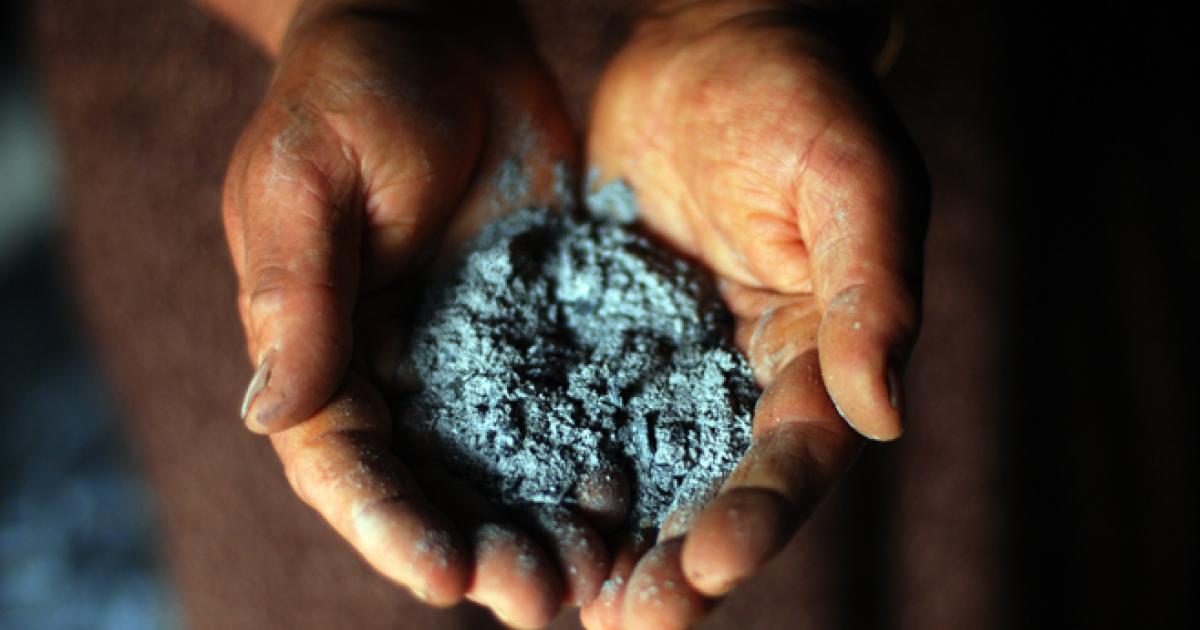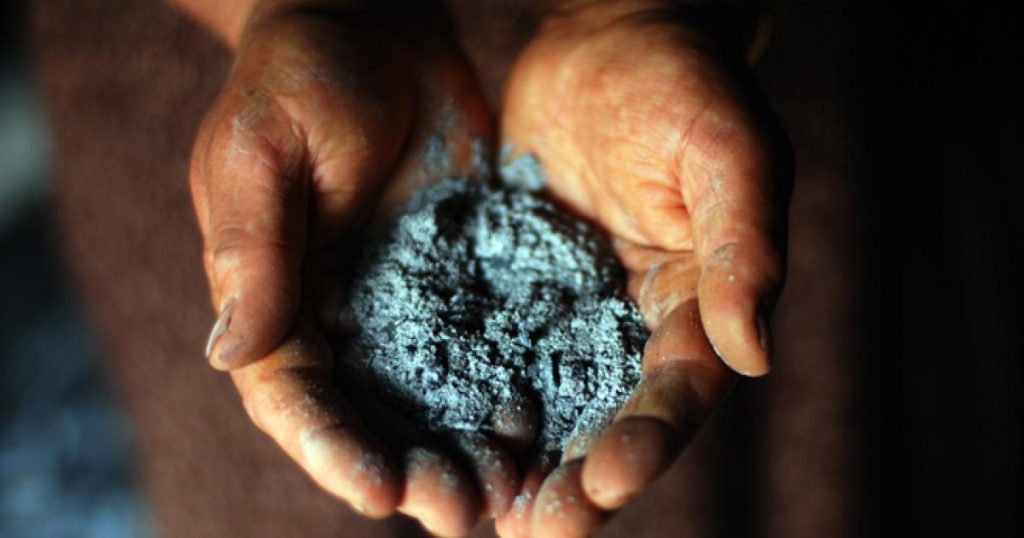Female Genital Mutilation (FGM) poses serious risks to the health and well-being of women and girls, but it also exacts a crippling economic toll, according to the World Health Organization (WHO).
New modelling by the UN agency to coincide with the International Day of Zero Tolerance for Female Genital Mutilation, marked on Thursday, reveals that the cost of treating the total health impacts of FGM would amount to $1.4 billion globally per year.
The figure sees individual countries devoting nearly 10 per cent of their yearly expenditure to treat FGM; for some countries, it could be as high as 30 per cent.

“FGM is not only a catastrophic abuse of human rights that significantly harms the physical and mental health of millions of girls and women; it is also a drain on a country’s vital economic resources”, said Dr Ian Askew, Director of WHO’s Department of Sexual and Reproductive Health and Research.
“More investment is urgently needed to stop FGM and end the suffering it inflicts.”
FGM a ‘manifestation of gender inequality’: UN chief
Female genital mutilation is a blatant manifestation of gender inequality, said UN chief António Guterres, in his message to mark the International Day, noting that it was “deeply entrenched in social, economic and political structures. It is also a human rights violation and an extreme form of violence against girls.”
He applauded the focus on the Day on the power of young people to make their voices heard: “We must amplify those voices and help them to advocate for change and for their rights. Together, we can eliminate female genital mutilation by 2030. Doing so will have a positive ripple effect on the health, education and economic advancement of girls and women.”

